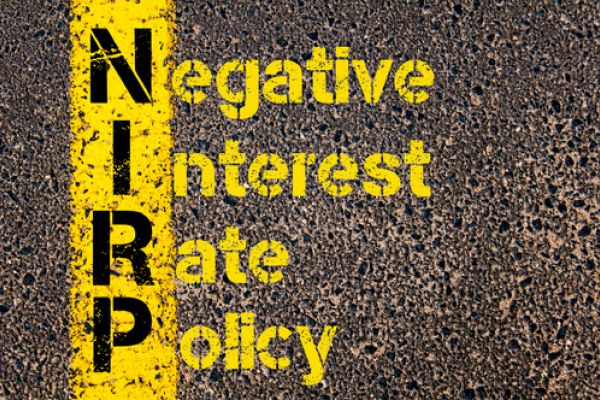
SBA Urges SNB to Drop Negative Rates
October 30, 2019Short-term Cease of Fire
Negative interest rates have long been the subject of conflict between the SBA and the SNB. Less than a month ago, after banking industry had demanded some action, the SNB decided to reduce the amount of cash paid by commercial banks for major deposits at the Swiss central bank. Currently as much as CHF2 billion is paid each year by banks due to negative interest rate. The reduction of this sum took a bit of pressure from banks and it looked as there is some agreement finally between two parties. But the cease of fire wasn’t here to stay as this Tuesday the SBA published crushing report on negative interest rates policy of the SNB.
SBA Demands Reconsideration of the Rates’ Policy
The study on negative interest rate was conducted and published in order to urge the SNB and its chief Thomas Jordan to reconsider the negative interest policy, and decide to rise rates finally. According to the SBA’s study, the negative rates are no longer adjusted to the economic situation of the country and have now more negative impact, than positive. As the SBA put it, negative rates no longer fulfil their economic purpose and should be dropped, considering the exchange rate of CHF versus other currencies, like EUR, USD, the economic situation in Switzerland and the inflation outlook.
Emergency Measure Becoming Normal
The authors of the study believe that negative interest rates are actually emergency measure that should be applied only in crisis. Since they are maintained for so long, such emergency measure has become something normal, while it shouldn’t. This causes harm to banks, pension funds, savers and government, that all struggle with the economic negative effects of minus interest rates. Applying negative interest rates is only justified if economic risk is indispensable, and the only solution to minimize it is by cutting rates.
Negative Effects of Negative Rates
According to bankers, now inflation is under control and economy is stable, adapted to conditions, there are no great risks that would require maintaining negative interest rates. The situation has changed in the last five years, since negative interest rates were introduced. At this moment, bankers argue that such rates have numerous long-term negative effects like a surge in real estate prices due to super cheap mortgages, which causes insures, pension funds and bankers fight to sell more mortgages to generate small return in the years long perspective. Pension funds and banks struggle to get returns from fixed income investments, so they are looking for opportunities in the real estate and equity market with some risky moves.
What about the EUR CHF exchange rate?
Obviously, the factor that also bothers the SBA is the overvalued exchange rate of Swiss franc. Authors of the study believe that the EUR CHF exchange rate is within its long-term range and close to equilibrium. However, the SNB has a different approach to it, and for long has claimed that the strong CHF is one of the main reasons to keep negative interest rates.
taux de change euro chf | change euro | les salaires en suisse | euro calculator | cambio valuta.ch | convertitore di valuta | euro franken wechseln | money exchange zurich | euro wechseln schweiz
